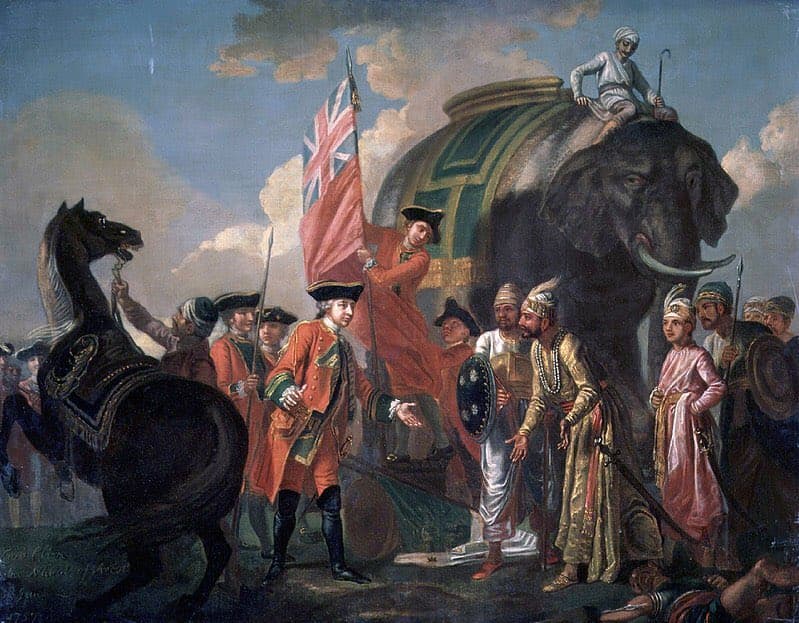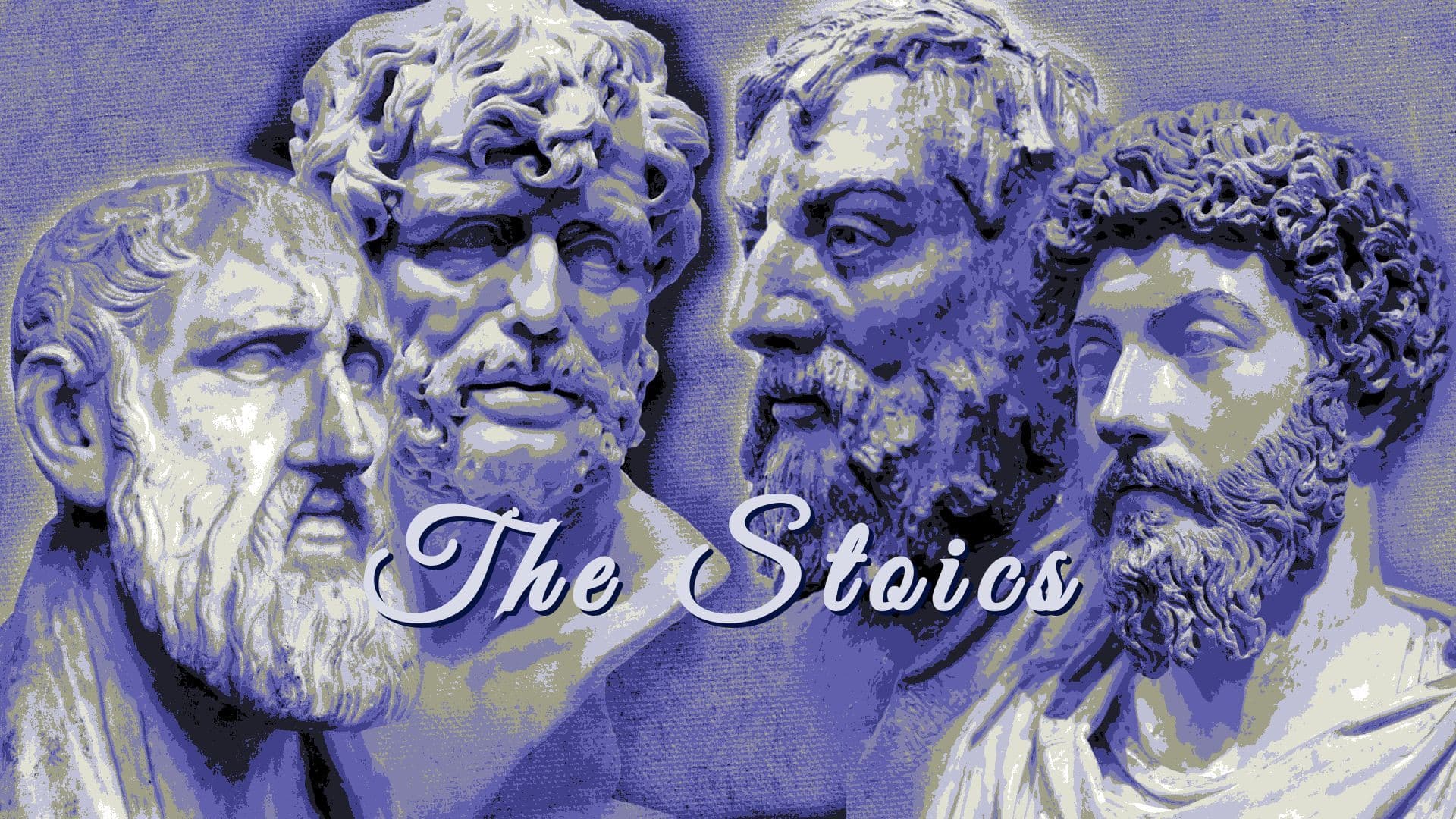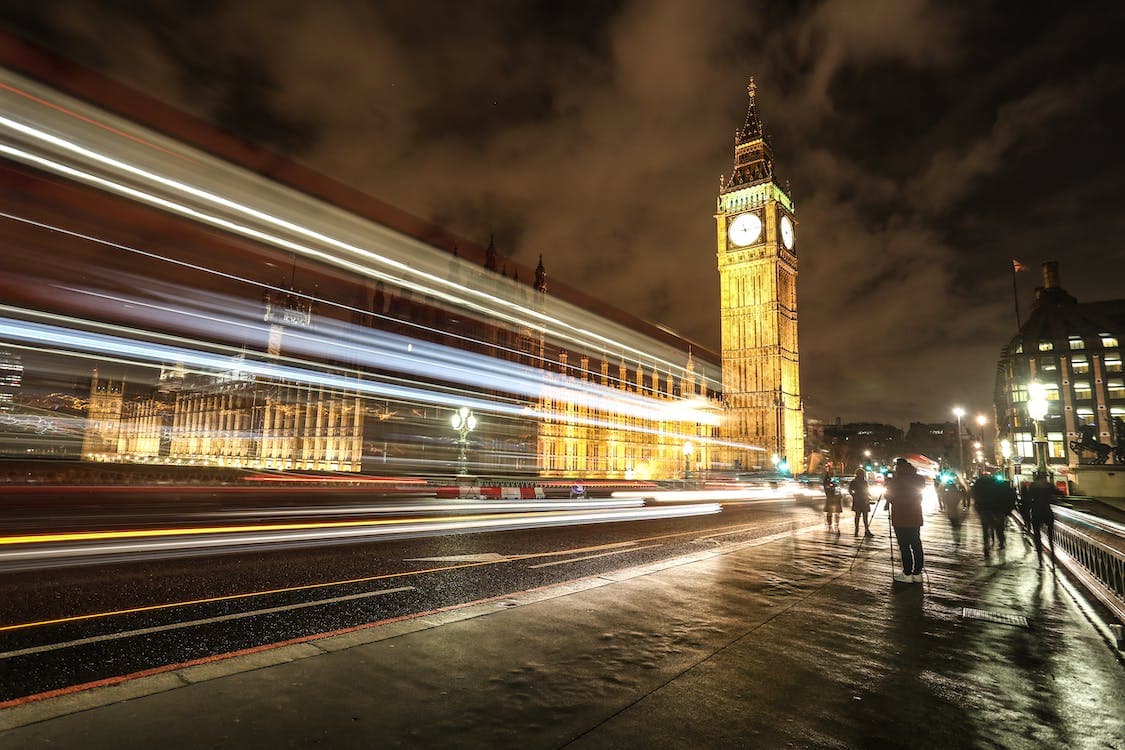
Contemporary Cringe or Traditional Transcendence?
A Few years ago, students and professors at the University of Plymouth published an article titled Are New Year’s resolutions a waste of time? They found that only 9% of those who made resolutions in 2017 felt that they had kept those resolutions, with a third having felt they had failed by mid-January with many people indicating that they felt they had set themselves an unachievable task.
Doubtless, as a result, many people consider the practice to be a total waste of time, but why do we make these resolutions at new year?
The first known New Year's Resolutions date back over 4000 years to ancient Babylon, during the Akitu festival, a 12 day period of celebration where they would plant seeds, crown (or pledge loyalty to) the King and pledge to the gods to pay their debts or return borrowed items. It was their belief that keeping these resolutions would bring good fortune, failing to do so would bring ill will. It's probably quite a logical position to take, even ignoring the supernatural. Perhaps it is a good job we aren't reliant on the ancient Babylonian gods for good luck, 91% of us could be in trouble.
Closer to home (and the present day), A similar practice occurred in ancient Rome. When January 1st became the beginning of the year, named after Janus, the two faced god who is said to have inhabited doorways and arches, symbolically looking both backward, into the year (or room) just left, and forward into the year (or room) just opening up. The Ancient Romans would offer sacrifices and swear to be on their best behaviour in the coming year.
Charles Dickens wrote about a vow undertaken by chivalric knights by way of renewing their bonds of fealty:
The most celebrated of all the vows of chivalry were those that were called “The Vow of the Peacock,” or of “The Pheasant.” These noble birds—for so they qualified them—perfectly represented, by the splendour and variety of their colours, the majesty of kings during the middle ages, when, superbly arrayed, they held what was called “Tinel,” or full court, corresponding with the “Drawing-room” of modern times. The flesh of the Peacock (or of the Pheasant) according to the old romances, was the peculiar diet of valiant knights and heart-stricken lovers, and its plumage was considered by the Provencal ladies the richest ornament with which they could deck the crowns they bestowed on the Troubadours, as rewards for the poetical talent displayed by them in singing the praises of love and valour. But it was on the day when a solemn vow was made that the Peacock (or Pheasant) became the great object of admiration, and whether it appeared at the banquet given on these occasions roasted or in its natural state, it always wore its full plumage, and was brought in with great pomp by a bevy of ladies, in a large vessel of gold or silver, before all the assembled chivalry. It was presented to each in turn, and each made his vow to the bird, after which it was set upon a table to be divided amongst all present, and the skill of the carver consisted in the apportionment of a slice to every one.
The practice of making New Year's Resolutions in the UK seems to have been common enough by the 17th century, with notable diary entries titled ‘resolutions’ and In 1740, the English clergyman John Wesley, founder of Methodism, created the Covenant Renewal Service, commonly held on New Year’s Eve or New Year’s Day which included readings from Scriptures and hymn singing, and served as a spiritual alternative to the apparently equally traditional raucous, secular, celebrations.
We have just had the Christmas celebrations, a period of feasting historically known as Yule, Saturnalia and various other names, prior to the advent of Christ and Christmas, to revive our spirits on the cold winter days and celebrate the perpetual cycle of death and renewal as we pass through the shortest day of the year. It’s possibly not surprising that, during the period after the feast is over (and we continue to wait patiently for the lengthening days of spring to thaw out cold bones), January has become known as a month of depression. ‘Blue monday’, a term coined in 2005, is said to be the most depressing day of the year.
Against that backdrop of failure to stick to those resolutions and winter tedium it comes as no surprise that many reject entirely the concept of ‘resolutions’ for the new year, but should they?
Traditionally the winter period was a quiet time of the year, farming grinds to a halt, days are short, dark evenings are longer. It gives time for introspection, affording a period of peace for self reflection and the forming of plans. Although the modern, post-industrial, world deprives us of this (in exchange for a number of advantages, it must be said), most of us still enjoy a period of peace and time off work over the Christmas period and I’d suggest this is the perfect time, when shops are shut and the pace of life is slowed somewhat, to take stock and reflect.
Personally this is what I did in 2020. As I was coming to the end of my studies early 2021, I wanted to take the time to plan what I was going to do with that newfound spare time. I also wanted to lay the groundwork for good, conscious, decision-making in the year(s) to come.
I set about devising a list of goals for the next five years, and then broke some of those down into incremental, meaningful steps which I knew would help me to move from where I was then, to where I am now. Some of the end goals I have completed already (and begun to develop further still), some I have started to work towards and others still I have yet to begin, I knew when I wrote the list that this would be the case.
In a world where so many people expect things to be done for them (and are often disappointed), it represents a real opportunity to ask ‘what can I do for myself?’ One of the stories that I have often considered when thinking about motivation is Matthew 25:14-30; the parable of the talents. To summarise; three men received three different amounts of coinage, they were each told to look after them and return them in the future. One hid the coin and returned the same that he had been given, the other two grew their money and returned greater than that which they had been given. The two who had mixed their labour with those ‘talents’ were better off because of it. This principle, even if we disregard entirely any spiritual metaphor, has strong, real-world, application. By taking what you have already, your body, mind, existing ability etc, and developing that, you are better off than if you simply remain as you are.
The same principle is applied in businesses with the creation of budgets. I could go into detail on what makes a good or bad budget, but the principle is loosely this: it should be achievable so as to be motivating, but stretching such that setting out to deliver it achieves more than would have been so without it. In this way businesses can focus on cutting costs, growing markets, reducing waste and so on, ultimately delivering more to their shareholders, even if they fail to achieve their initial target, than they might have otherwise.
This is really the underlying principle behind resolutions. When we make them, we are making a compact with the universe that says ‘if I make conscious effort to do X, I will derive some known benefit in the form of Y’
I want to lose weight so that I can be healthier
I want to stop drinking so that I can think more clearly
I want to learn to play an instrument so that I can be more well-rounded.
And so on.
IF (and that is a big if) you break these tasks down into meaningful, achievable steps, AND you walk them, THEN even if you fail to achieve your overall goal (as apparently most do), you will still derive some of the benefit you set out to obtain - the gods will have rewarded you, if you like. If you wanted to lose four stone but you lost only two, you still gain the benefits of having lost two and you still achieved more than you would have done had you made no resolution at all.
These were my 10 goals last year:
1. Lose weight
2. Learn and instrument
3. Learn a language
4. Learn a 2nd language
5. Earn a certain amount of money
6. Become politically active
7. Buy a new wardrobe (with a set of 'rules' to stick to)
8. Watch a performance of Handel’s Messiah
9. Join a local rambling group
10. Join a local history society
How did I do?
1. I lost 1 stone
2. Didn’t start
3. Started, ongoing (old English)
4. Not started
5. Got half of the way between where I was and where I want to be
6. I stood in the local elections and helped found the Wellington Project
7. Ongoing
8. Covid impacted
9. Not done
10. Did, and joined the committee for it too.
So what are my incremental steps this year going to be? I sat down this week and took an hour or two to go through where I was, where I now am, what free time I have, how I want to do things differently and this is what I came up with:
- Schedule a minimum of 3x weekly 4.5 mile walks, some with my son, some on my own with a view to losing 2 stone.
- Avoid any synthetic fibres (where budget permits) in all textiles purchases (clothes, bedding etc) and buy more locally (again, where budget permits).
- Change my job, obtain a pay rise or create a passive income (or any combination thereof) to reach my goal.
- Book a showing of Handel’s Messiah (covid permitting)
- Invest time to help grow the Wellington Project
- Continue to work through the basics of Old English and start translating some larger texts.
- Take on additional role(s) and responsibilities in the history society
As well as the above I also have a goal of reading more and being on social media less. In 2022 I want to read 14 books, in 2021 I managed 10 in full (and 4 or 5 in part), excluding exam text books, with a target of 12. One of the books I want to read more of is the bible.
As you can see, I’m still not even getting started on some activities in year two and that is OK. It may be the case that some of the things I do along the way I end up enjoying so much that I never get around to all of them, that’s fine. By taking time to work out what I can do more with my life than just watching Netflix ( I don’t watch Netflix…), I know I can benefit myself, my family and my community, regardless of whether I complete a handful, or all of these things.
You can do this too and the traditional New Years Eve resolution is no better place or time to do so. Post them up on twitter and refer back to them often, tag us @TheWellingtonP and we can help keep you honest.
Happy New Year everyone!
More from John
Latest articles

Aboukir Bay - The Naval Battle Which Made a Hero

The Dukes of the North

Marching Sheepishly: How the British wool industry helped the French to win the War of the First Coalition
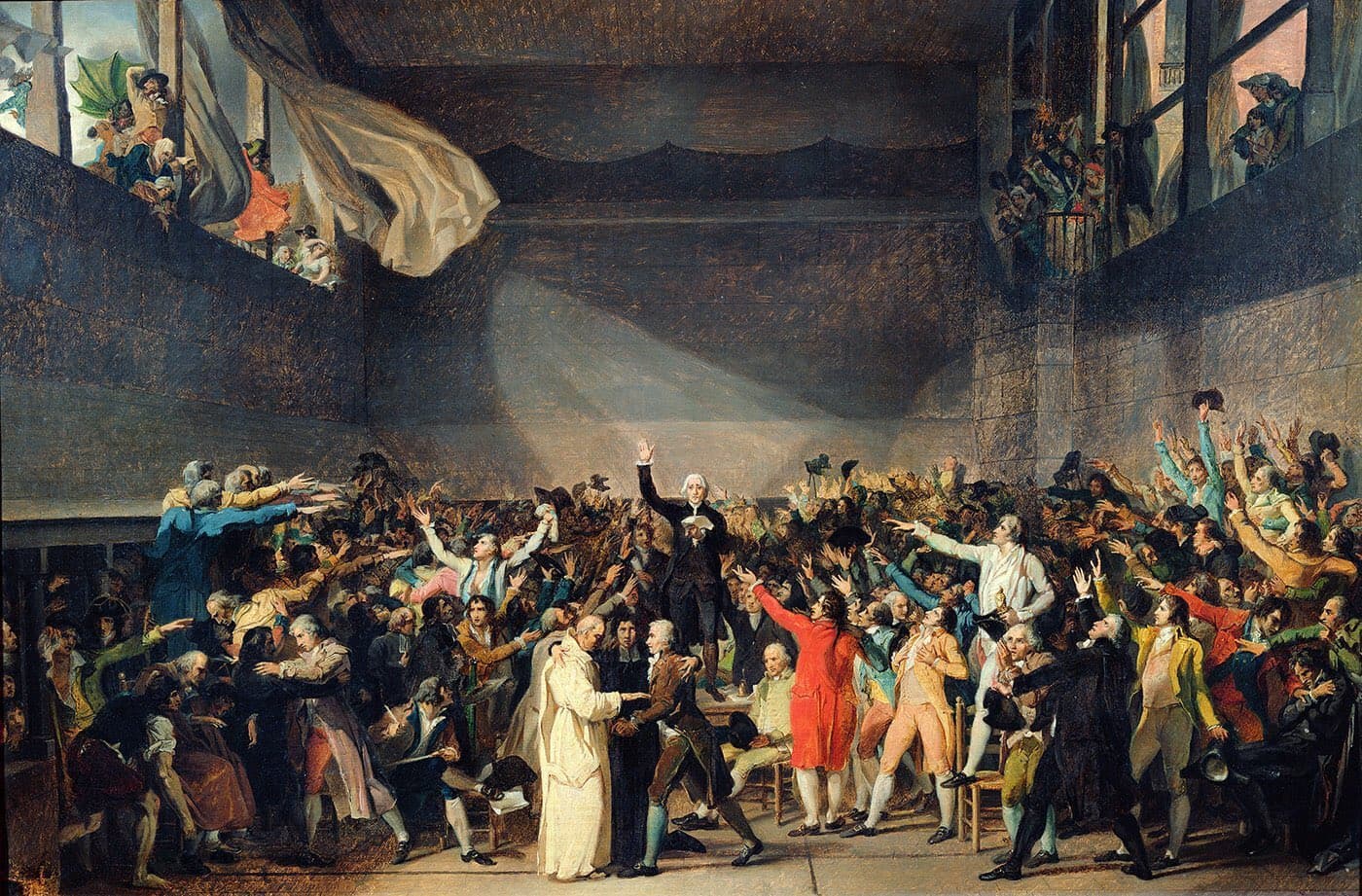
Why did Britain oppose the French Revolution?
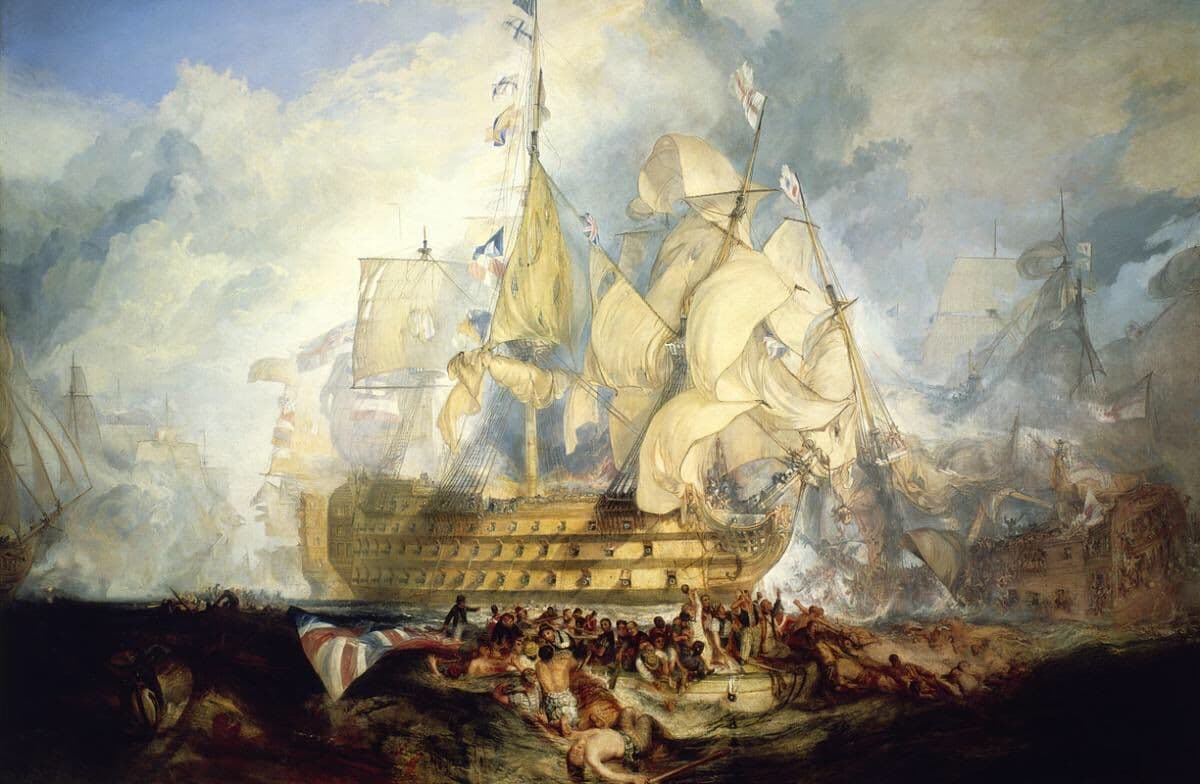
The time Britain funded an invasion of itself... twice!
